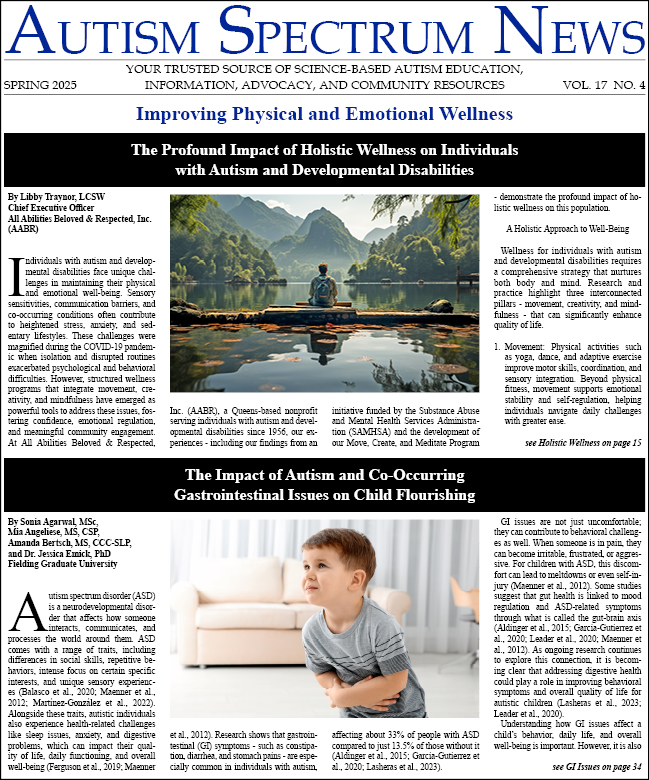-
Summer Vacation: A Prime Opportunity to Develop Social Skills for the Workplace
For many students, the end of the school year represents a time to relax, celebrate the change of pace, and enjoy leisure time. However, each year, there are many individuals who approach the end of the school year and find that this is a time of transition; a time for entering the unfamiliar world...
-
Maintaining Social Skills Over the Summer
Summer is a time for relaxation and fun, however certain skills acquired during the school year can be lost if they are not practiced consistently over the course of the entire year. One of the first things parents should identify, are IEP goals targeted by school staff to be maintained over...
-
Social Skills Groups Benefit Children and Parents
Social Skill Groups with toddlers and parents offer many advantages. These small groups provide parents the opportunity to talk with families who share similar concerns and a place to practice new skills to help their children. In the group, there is a sense of community and understanding. It is a...
-
Using Relationships to Support Children with ASD
Working with children, whether as a parent, teacher, or caregiver, is an inherently social process. This is no different when we are talking about children on the autism spectrum. In order to impact children with ASD, the adults in their lives need to employ a set of activities, strategies, and...
-
Training Peers Improves Social Outcomes for Some Kids with ASD
Children with autism spectrum disorders (ASD) who attend regular education classes may be more likely to improve their social skills if their typically developing peers are taught how to interact with them than if only the children with ASD are taught such skills. According to a study funded by the...
-
Focus on Video Modeling Techniques for Inexpensive, Fast and Customized Solutions for Improving Social Skills
When my sister and I began Social Skill Builder in 1999, we were looking for a way to bridge the social language gap to help kids with ASD, Asperger’s and other learning disabilities achieve success in social situations. Social Skill Builder has created a series of learning tools that use videos...
-
Computerized Health Games to Promote Social Perceptual Learning in Autism
Many individuals with autism spectrum disorders (ASD) struggle to read nonverbal social cues, such as facial expressions, and often have difficulty recognizing a person's identity from their face. New computerized video games being developed by the Center for Autism Research (CAR) at The...
-
Using Typical Peers as Role Models to Help Improve Social Skills for Children with Autism Spectrum Disorders
Children diagnosed with autism spectrum disorders (ASD) typically display great difficulties in social communication and social interaction skills. These skills are core deficits which quite often impede their interactions with peers and adults. Children on the spectrum often fail to interpret...
-
Early Intervention for Children with Autism Improves Social and Communication Skills
Research Pinpoints Early Signs of Autism and Develops Key Intervention Programs for Toddlers Autism is the nation’s fastest growing developmental disorder, with current incidence rates estimated at 1 in 110 children. This year, more children will be diagnosed with autism than AIDS,...
-
A Look Inside the Hidden Curriculum
The hidden curriculum is assumed knowledge - the expectations, rules or guidelines that are not directly taught because they are universally known (Garnet, 1984; Hemmings, 2000; Jackson, 1968; Kanpol, 1989; Myles, Trautman, & Schelvan, 2004). It also addresses the incongruities of how skills...




